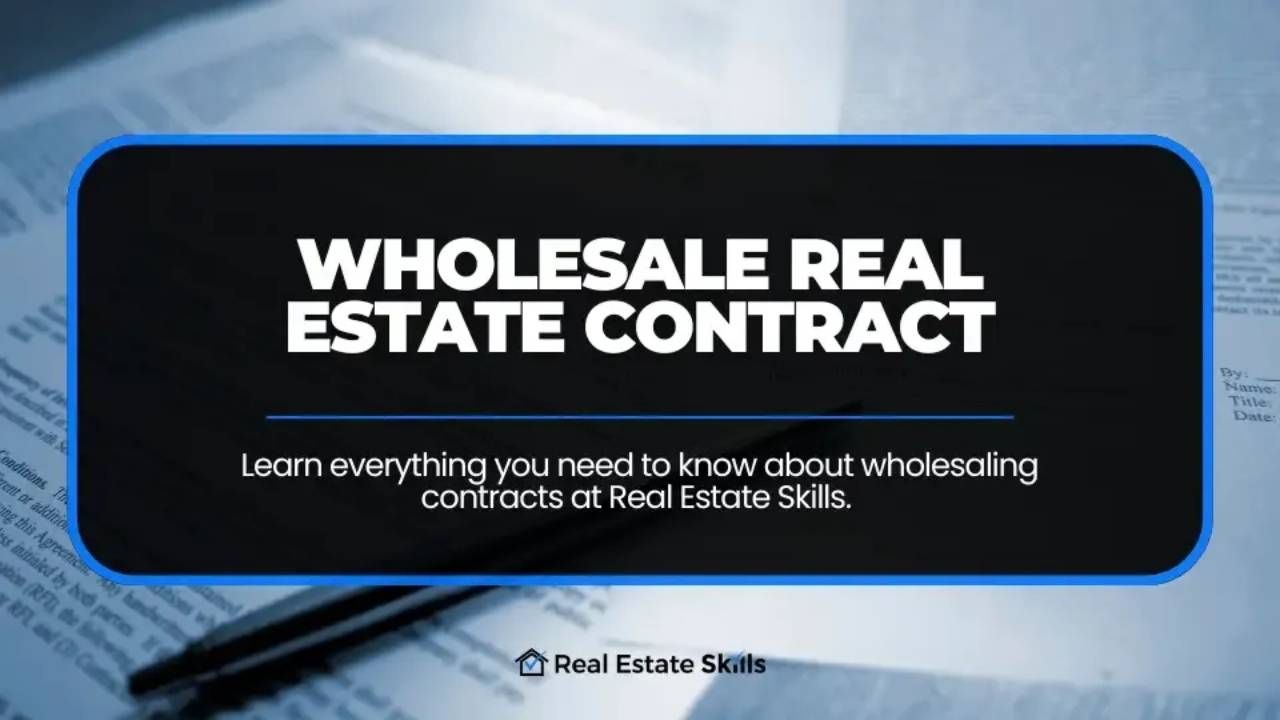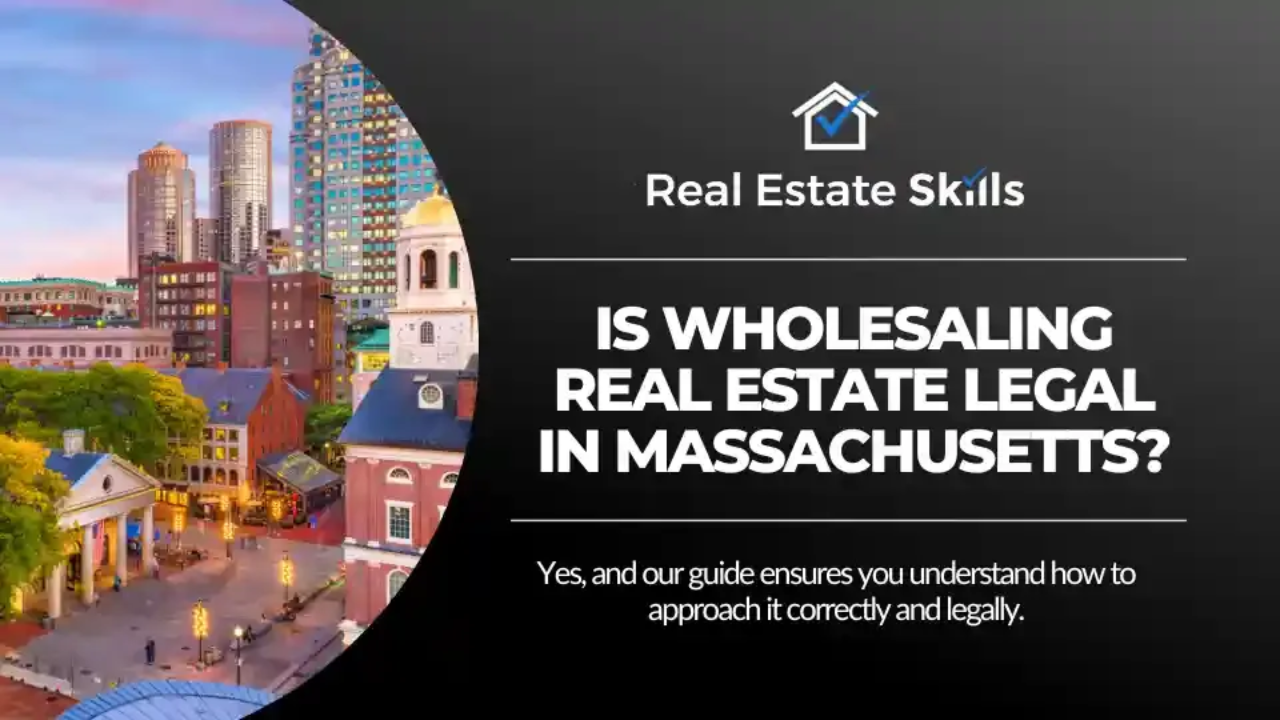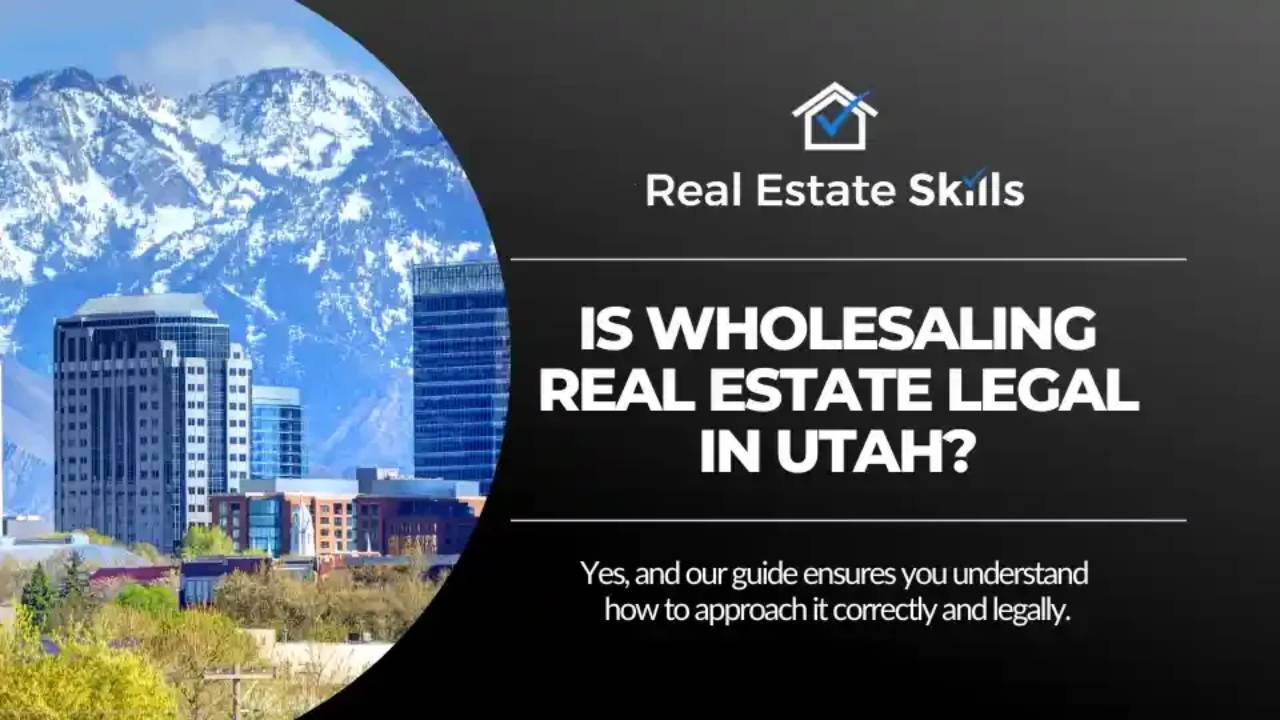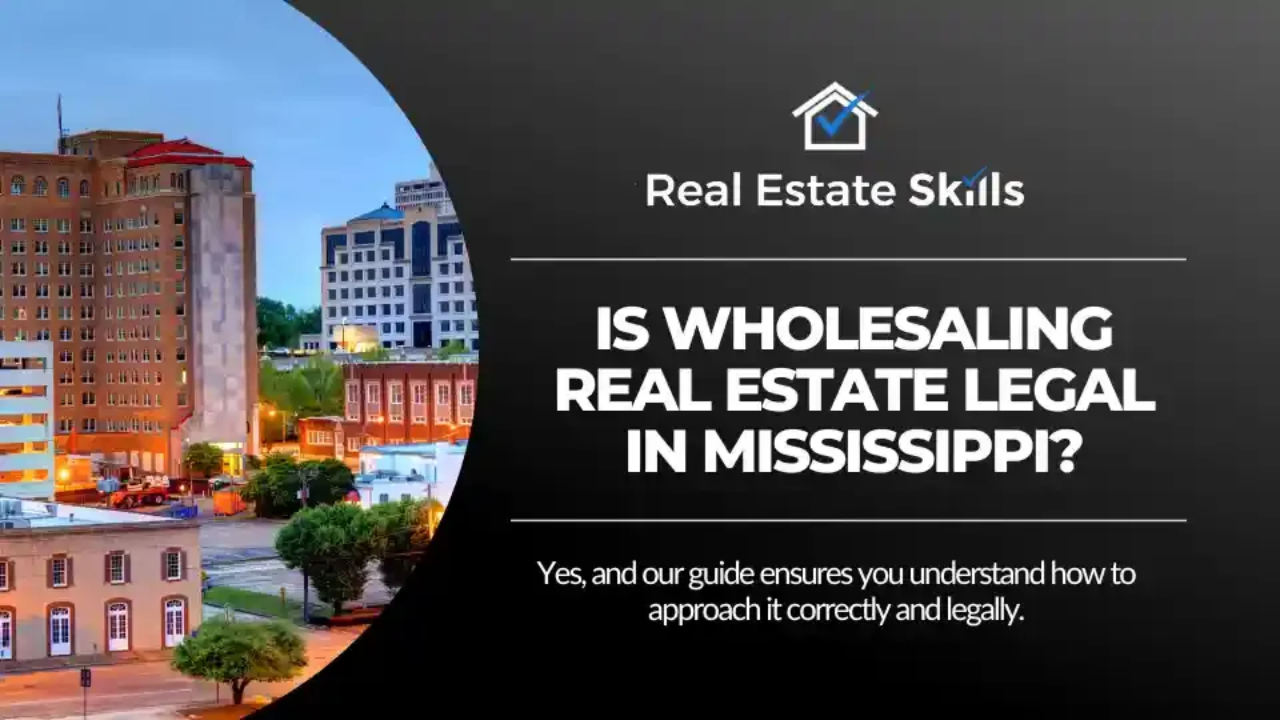Real Estate Investing Blog
The Real Estate Skills blog is your #1 source for real estate educational articles. Beginners and advanced investors can improve their skills with our comprehensive how-to guides, term definitions, advanced strategy tutorials, and more.
Get started by exploring our recent articles below or use our search bar to find exactly what you are looking for!
Do you want to know the biggest reason most people fail in real estate wholesaling? It’s that they don’t understand how a wholesale real estate contract actually works.
What if you lock...
What: Wholesaling real estate in Massachusetts is legal when done correctly. Investors can profit by assigning purchase cont
...
What: Wholesaling real estate in New Hampshire is legal when done correctly. Investors can assign their equitable interest i
...
What: Wholesaling real estate in New Jersey is legal when done properly. Investors can assign their contractual rights to purch
...
What: Wholesaling real estate in Utah is legal when done correctly. Investors can assign purchase contracts to buyers without needing
...
What: Wholesaling real estate in Mississippi is legal when investors sell or assign their equitable interest in a purchase con
...








